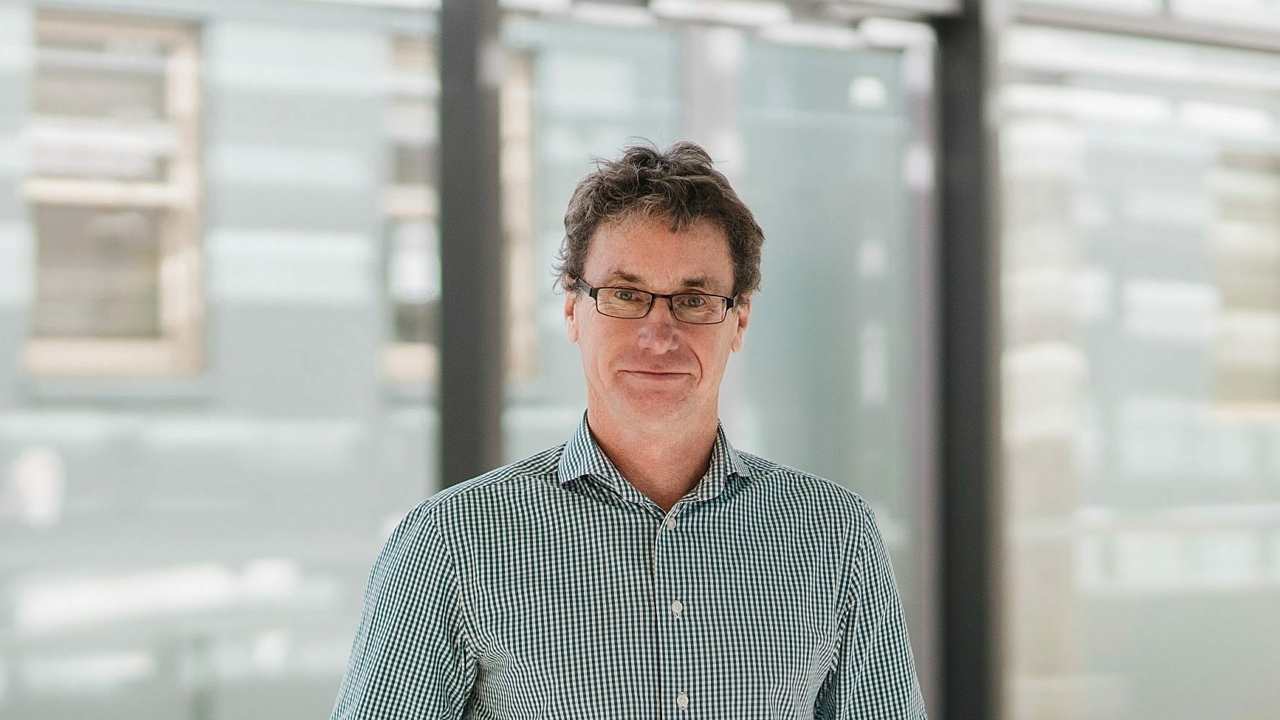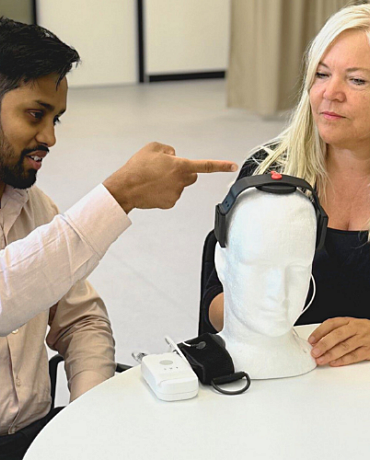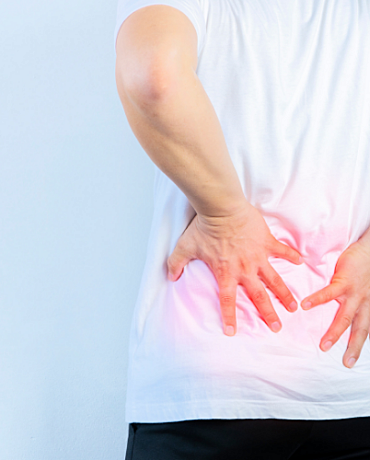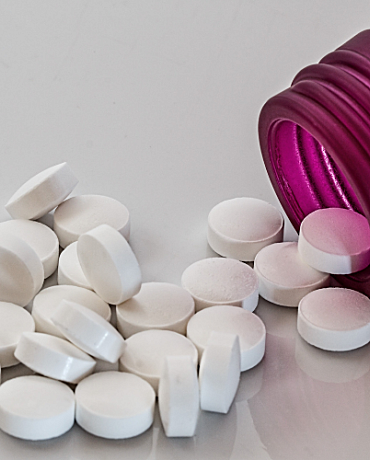In a recent issue of New Scientist, Professor Stephen Lord, Dr Yoshiro Okubo and the Falls Prevention Lab were featured, showing off their innovated, one-of-a-kind lab to the international community.
Prof Lord’s Falls Lab aims to train people to not fall over by actually making them trip, in the safety of a harness of course, until their brain begins to re-wire, making them quicker and more responsive. As the excerpt below goes on to say, a quarter of adults aged 69 or more who fracture their hip will die within a year, so highlighting this research is imperative:
“A quarter of older adults who break their hip die within a year. Alice Klein went to try out an obstacle course designed to help them stay on their feet

Left to Right: Prof Lord, Alice Klein, Dr Okubo
My foot slips on a loose tile and for a split-second I’m flailing in mid-air, but then I feel a comforting tug as my harness pulls me upright. I’m at the Falls Prevention Lab at Neuroscience Research Australia in Sydney, where a first-of-its-kind obstacle course has been designed to make seniors fall over – and then instinctively learn how not to.
One-third of people over the age of 65 fall every year, often as a result of poorer eyesight, weaker muscles or dizziness caused by illness or medication. When older people fall, they are more likely to break bones, setting off a train of health problems – a quarter of adults aged 69 or older who fracture their hip die within a year. Training to prevent this usually involves balance exercises, such as practicing standing on one leg. But these don’t”




